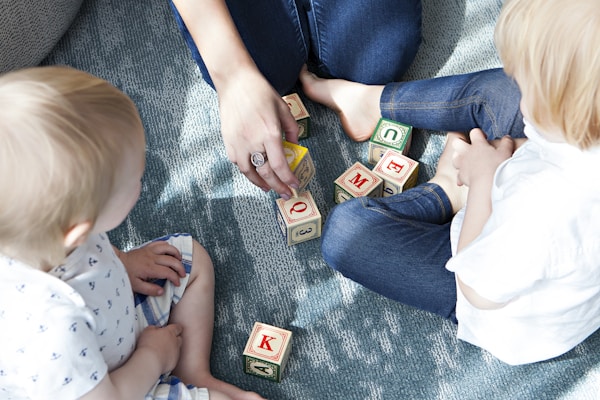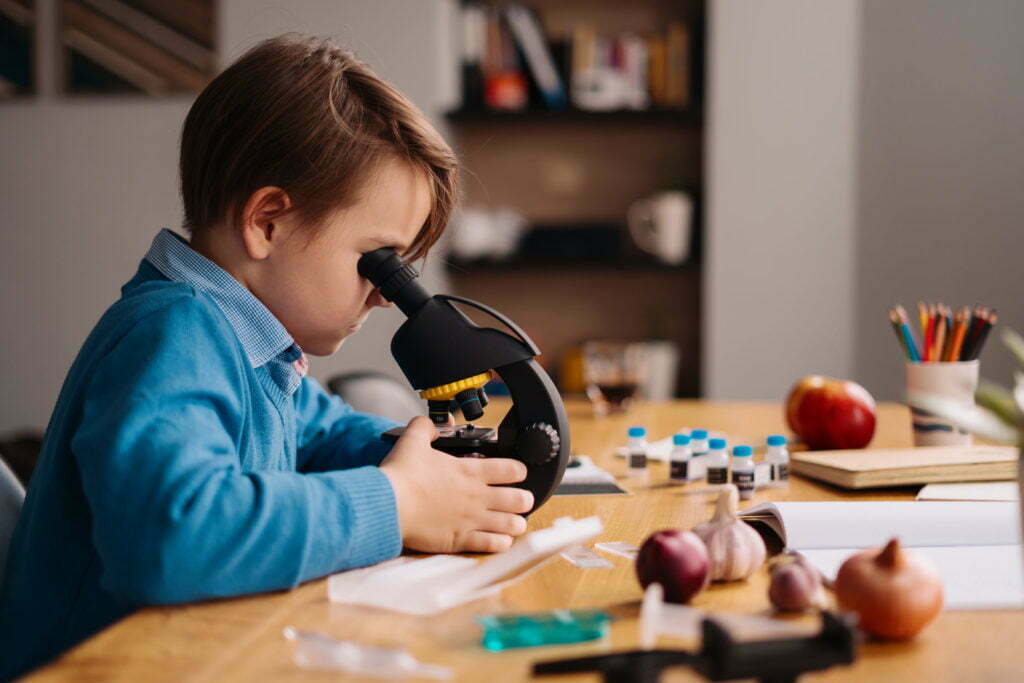In this article, we’ll explore the benefits of early childhood education, how it can prepare children for success in school and in life, and how it can help close the achievement gap. If you’re interested in embarking on a career in this field and are seeking online school early childhood education programs, then keep reading to learn more.
What kinds of activities should be included in an early childhood education program?

An early childhood education program should include activities that stimulate a child’s intellectual, social-emotional, and physical development. Literacy and math activities are important, but so are creative play and exploration. Children should have plenty of opportunities to move their bodies and explore new things. A well-rounded early childhood education program will also include time for children to eat healthy meals and get plenty of sleep.
There is a great deal of research that supports the importance of early childhood education. The first few years of life are critical in a child’s development, and providing quality early childhood education can help children get off to a strong start. Some of the benefits of early childhood education include the following.
Improved academic achievement: Children who attend early childhood education programs tend to have better academic outcomes than those who do not. They are more likely to graduate from high school and college, and they typically score higher on standardized tests.
Increased social and emotional skills: Children who attend early childhood education programs often have better social skills and be more cooperative than their peers. They also tend to be less aggressive and exhibit fewer behavioral problems.
Better cognitive development: Children who participate in quality early childhood education programs have better cognitive development, including improved problem-solving skills, memory, and language abilities. This can set them up for success in future schooling endeavors.
It’s important to acknowledge that many parents may not have the availability to dedicate several hours a day to child play or other stimulating activities. Some parents work full-time jobs while others may be busy with their newborns and using a nursing pumping bra for most of the day. However, early childhood education allows professional educators to devote time each day to encourage little ones to expand their minds and prepare them for the world.
Children learn about language development.

Language is the ability to communicate through symbols. Symbols can be sounds, gestures, or written words. Language allows humans to share experiences and ideas with each other. It is a powerful tool that helps us make sense of the world around us. Language development begins in infancy. Babies start by using vocalizations to express their needs and feelings. Over time, they learn to use words and sentences to communicate with others. The process of language development is complex and involves many different skills that include the following.
Hearing: Babies need to be able to hear clearly in order to understand the language spoken around them. They also need to develop the ability to focus on sound and track it from one place to another. This skill helps them learn how language works and figure out what different words mean.
Speaking: Babies learn how to speak by imitating the sounds they hear around them. They also learn how grammar works by listening to adults talk. As they get older, they begin experimenting with new words and phrases.
Listening: Babies need good listening skills in order to understand what people are saying to them. They also need this skill in order to follow directions and complete tasks assigned by adults.
Reading: Babies begin learning how to read when they are very young, even before they know how to speak! They do this by looking at pictures and figuring out what the pictures represent. As they get older, they learn how letters form words and how those words are put together to create stories.
Kids get to practice imaginative play.

Imaginative play is important for early childhood development for a few reasons. First, it helps children develop their creativity and problem-solving skills. Second, imaginative play helps children learn to interact with others and communicate. Third, it helps children develop their imaginations and understand the world around them. Finally, imaginative play can help reduce stress and anxiety in children.
There is a growing body of research that supports the importance of early childhood education. The benefits of early childhood education are altogether or overall greater than the costs. The most important benefit of early childhood education is that it helps children achieve their fullest potential.





